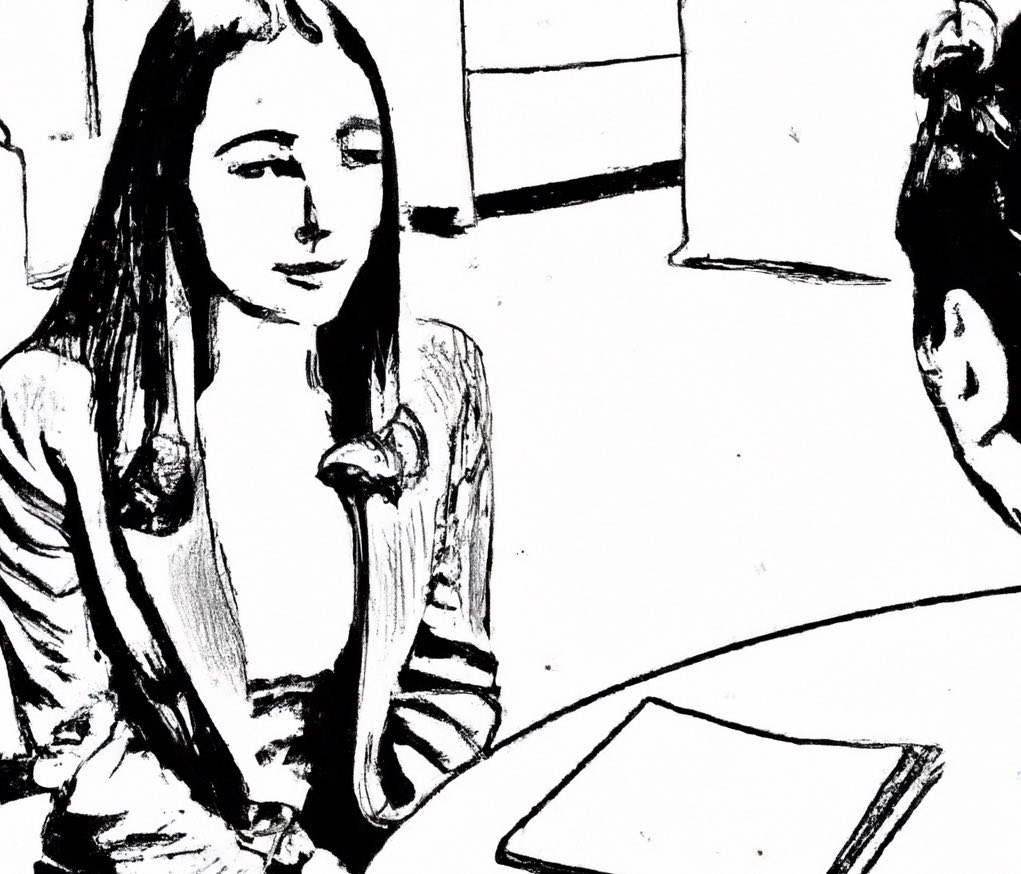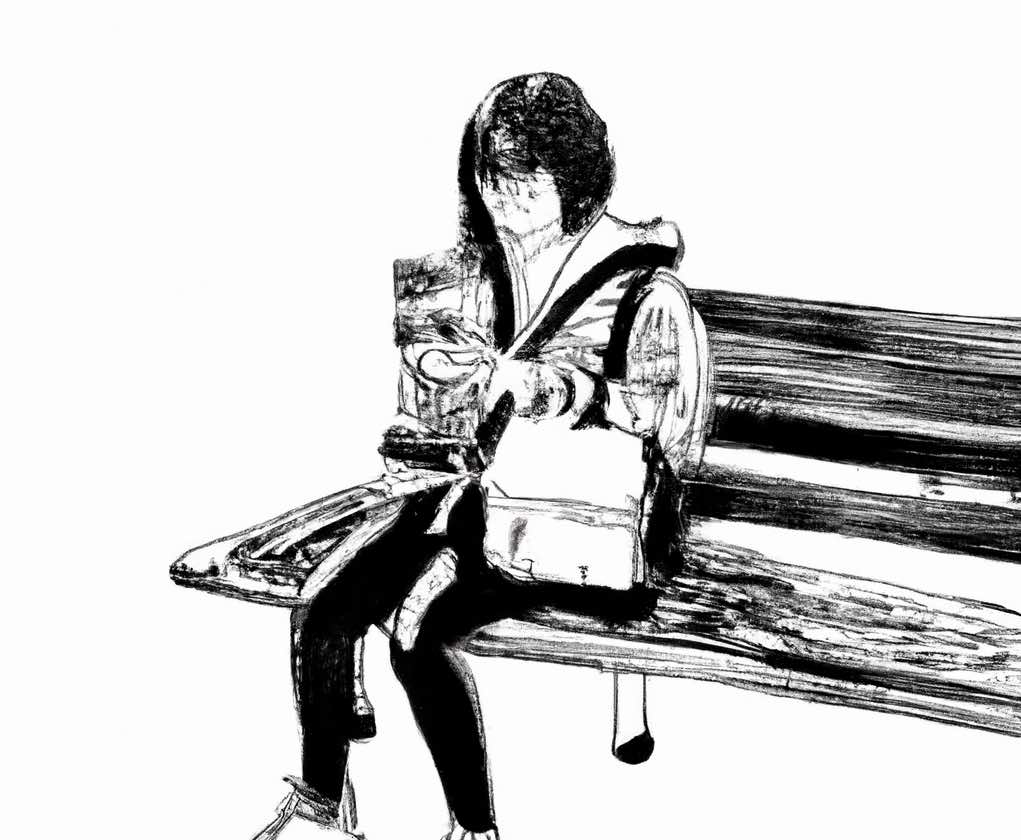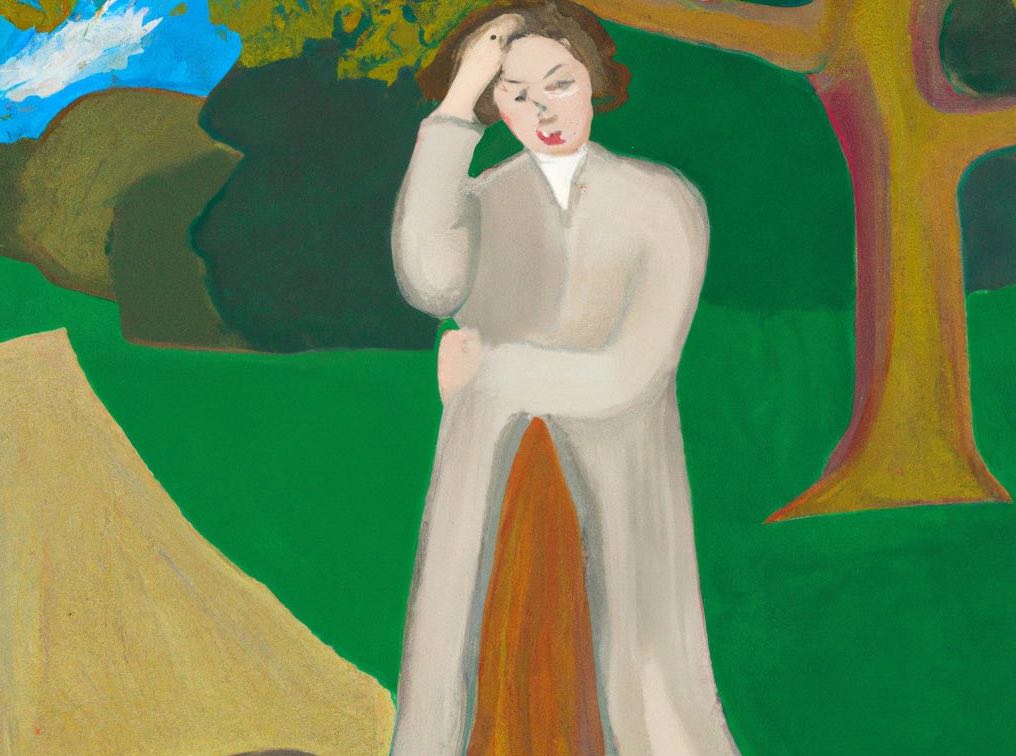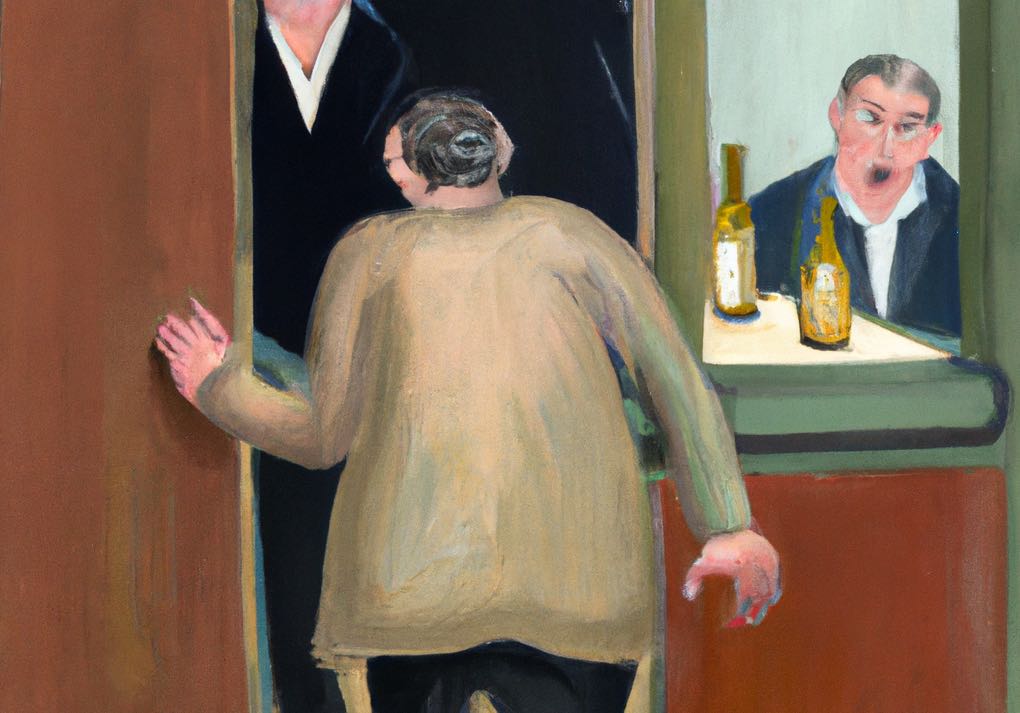Obsessive-compulsive disorder (OCD) is a mental health disorder that is characterized by recurrent and unwanted thoughts (obsessions) and repetitive behaviors (compulsions).
OCD often involves obsessions and compulsions related to fear of contamination. This can manifest in a variety of ways, such as a fear of germs or a fear of dirt or grime.
People with OCD may feel compelled to wash their hands frequently, avoid touching certain objects, or clean their surroundings excessively in order to reduce their fear of contamination. These behaviors can interfere with daily life and cause significant distress.
As a college student, I was terrified of using public restrooms. It was a fear that had built up from my childhood experiences with bullying and it caused me a lot of anxiety. I was worried about encountering someone in the restroom and having an embarrassing situation occur.
The fear of public restrooms impacted every part of my college life, including my studies. I would often avoid leaving the dorm to go to classes because I was too scared to use the restrooms. I would ignore my physical needs until I got back to the safety of my room and could use the restroom privately. This made it difficult to focus during classes, as I was constantly uncomfortable and distracted.
One especially embarrassing situation happened during my math class. I needed to use the restroom really badly but was too scared to leave the classroom and go to the restroom. I ended up having an accident while sitting at my desk, ruining my clothing and embarrassing myself in front of my classmates. That experience only added to my fear of public restrooms, making it even more difficult to leave the safety of my room.
These experiences taught me the importance of facing my fears. After some time of avoidance, I finally started to face my fear of public restrooms and was able to make it through college. Now I’m able to use public restrooms with no fear or anxiety.
Ray T.
Common sub-themes
There are many different sub-themes of OCD fear of contamination, and these can vary from person to person. Some common examples include a fear of germs or illness, a fear of dirt or grime, a fear of contamination from bodily fluids, a fear of toxic substances, and a fear of public restrooms.
Other sub-themes of OCD fear of contamination may involve a fear of objects or people being “contaminated” in some way, or a fear of contamination spreading to oneself or others. These fears and associated compulsions can cause significant distress and interfere with daily life. It’s important to seek help from a mental health professional if you or someone you know is struggling with OCD or a fear of contamination.
Fear of germs or illness: This sub-theme of OCD fear of contamination is characterized by an intense fear of germs or becoming sick. People with this fear may wash their hands excessively or avoid touching objects that they believe may be contaminated with germs. They may also avoid going to public places or interacting with others in order to reduce their risk of exposure to germs.
Fear of dirt or grime: This sub-theme of OCD fear of contamination involves a fear of dirt, grime, or other substances that are considered unclean. People with this fear may avoid certain objects or activities that they believe could cause them to come into contact with dirt or grime. They may also engage in excessive cleaning or avoidance behaviors in order to reduce their fear of contamination.
Fear of contamination from bodily fluids: This sub-theme of OCD fear of contamination involves a fear of coming into contact with bodily fluids, such as blood, saliva, or vomit. People with this fear may avoid certain activities or situations that they believe could expose them to bodily fluids. They may also engage in excessive cleaning or avoidance behaviors in order to reduce their fear of contamination.
Fear of toxic substances: This sub-theme of OCD fear of contamination involves a fear of toxic substances, such as chemicals or pesticides. People with this fear may avoid certain objects or activities that they believe could expose them to toxic substances. They may also engage in excessive cleaning or avoidance behaviors in order to reduce their fear of contamination.
Fear of public restrooms: This sub-theme of OCD fear of contamination involves a fear of using public restrooms. People with this fear may avoid using public restrooms altogether, or may engage in excessive cleaning or avoidance behaviors in order to reduce their fear of contamination. This fear can interfere with daily activities and cause significant distress.
Steps you can take to help reduce your anxiety
If you’re feeling anxious due to fear of contamination, there are several steps you can take to help reduce your anxiety and manage your symptoms. Here are some tips that may be helpful:
Practice relaxation techniques: Relaxation techniques such as deep breathing, progressive muscle relaxation, or meditation can help reduce anxiety and promote feelings of calm. Try to incorporate these techniques into your daily routine, and use them when you’re feeling anxious or overwhelmed.
Challenge negative thoughts: It’s common for people with OCD to have negative thoughts or beliefs related to their fear of contamination. These thoughts can fuel anxiety and make symptoms worse. One way to challenge these thoughts is to ask yourself if they are realistic and based on evidence. If not, try to reframe them in a more positive or balanced way.
Engage in exposure and response prevention (ERP): ERP is a type of therapy that involves gradually exposing yourself to your feared situations or objects, and resisting the urge to engage in compulsions. For example, if you have a fear of germs, you may start by touching a doorknob and then resisting the urge to wash your hands. Over time, this can help you build resilience and reduce your fear of contamination.
Seek support: It’s important to have a supportive network of people who can help you cope with your OCD symptoms. This could include friends, family, or a support group. You may also want to seek help from a mental health professional, who can provide you with personalized treatment and support.
Remember, anxiety is a normal and natural response to stress or fear. It’s okay to feel anxious, but it’s important to learn how to manage your symptoms in a healthy way. With the right tools and support, you can reduce your anxiety and improve your overall well-being.
What about OCD.app?
There are many different apps that can help with OCD. These apps may offer a variety of features, such as tools for tracking symptoms, relaxation techniques, and educational resources.
Some apps may be designed to be used in conjunction with therapy, while others may be standalone tools for managing OCD symptoms. It’s important to do your research and choose an app that is reputable and has been shown to be effective for people with OCD.
OCD.app was designed from the grounds up for people with OCD. It is based on daily cognitive exercises that challenge the user’s cognitive biases and maladaptive beliefs.
Furthermore, the app helps users target their OCD themes, one by one, based on their personal needs.
In multiple recent published studies, the app was shown to help people improve their coping with OCD, ROCD and anxiety.
As always, it’s also important to consult with a mental health professional to determine the best course of treatment for your specific situation.











